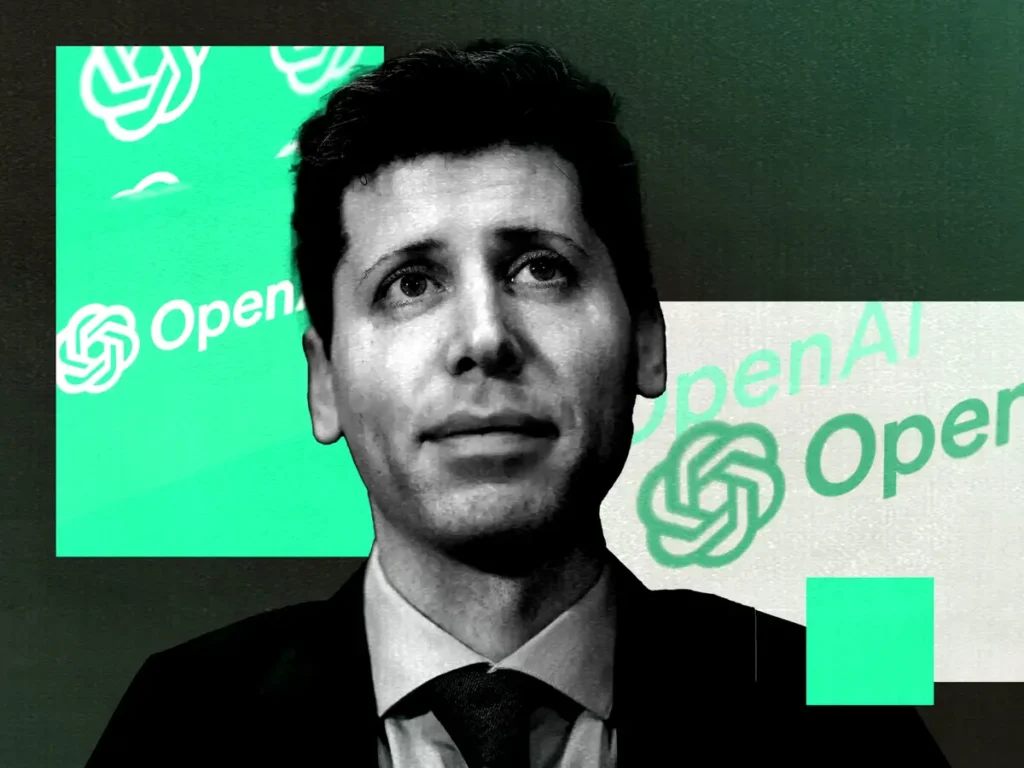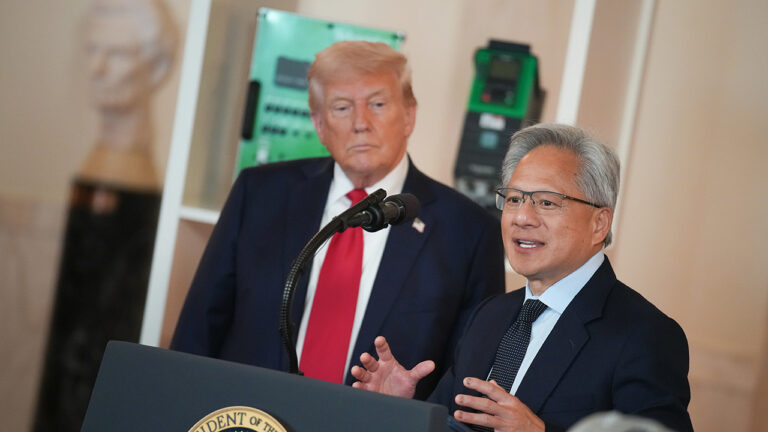
OpenAI Employee Share Sale: $500 Billion Valuation Takes Center Stage
OpenAI employee share sale is gaining attention as the company enters early-stage discussions with investors—including Thrive Capital—to facilitate a secondary stock sale that could value the AI pioneer at approximately $500 billion . This valuation marks a significant rise from its previous $300 billion valuation secured during a massive $40 billion funding round led by SoftBank earlier this year .
🔄 Why This Secondary Sale Matters

A secondary share sale allows current and former employees to sell their equity—providing liquidity without an IPO. For OpenAI, this means rewarding early contributors, boosting retention, and attracting fresh investor capital—all while retaining private control .
🧩 How the Deal Could Be Structured
- Investor interest is coming from Thrive Capital and others, who aim to purchase employee-held shares at the $500 billion mark .
- Employee sales were previously modest—typically ranging between $2–10 million per person in earlier tenders .
- The current discussions reportedly involve a much larger share sale than the $1.5 billion tender OpenAI conducted last year .
🌟 Boosting Employee Morale and Talent Strategy
For OpenAI, this move serves multiple strategic goals:
- Provides financial upside to long-tenured employees
- Helps retain top AI talent amid competition from Meta, Google, and Anthropic
- Signals confidence in future growth, especially as AI adoption accelerates
📈 Valuation Jump: From $300B to $500B

OpenAI’s valuation soared from $300 billion at the last financing round to potential $500 billion in the share sale discussions—a surge of nearly 67% . The spike reflects investors’ bullish sentiment on AI’s potential, especially with upcoming launches like GPT‑5 and expanding enterprise adoption .
🌍 Implications for the AI Ecosystem
- Compared to other private tech giants like SpaceX, this move would position OpenAI at the top of the private valuation rankings .
- The move underscores a broader trend: private companies using secondary markets to keep founders and employees incentivized without public listing constraints .




